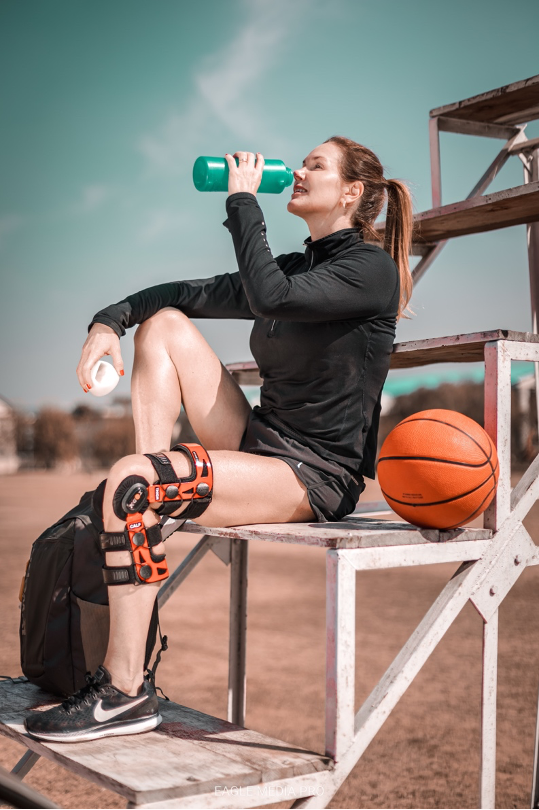Injuries can happen at any time. Engaging in a physically demanding sport can increase these odds; still, there are many more factors to consider when it comes to keeping our bodies healthy—stretching, a nutrient-dense diet, and, most importantly, hydration.
Are you drinking enough water? Getting enough electrolytes? We see how dehydration and injury intersect quite often in our line of work. Read on for more information on the dangers of dehydration and how to prevent injuries.
Dehydration and Injury: A Correlation
Your body loses water when engaging in physical activity; your muscles become tenser, your breath becomes heavy, and your heart works overtime. If not properly hydrated, your muscles won’t be as pliable, and you may start to feel lightheaded.
Exercising with tense, cramped muscles results in strains, tears and bone fractures. Heat exhaustion is also a prevalent risk of dehydrated exercise. We understand that you want to put your blood, sweat and tears into your sport, but peak athletic performance will come from taking care of your body.
A fully hydrated body is about 60% water. This is then distributed to multiple areas of the body: the brain and heart are made up of 73% water; the lungs are about 83%; the skin contains 64%; muscles and kidneys have 79%; even bones are composed of 31% water. Additionally, the cartilage in our joints is 80% water.
It is no wonder how dehydration and injury coincide. A lack of water can impact various areas of the body, negatively affecting your athletic performance if left alone.
How Much Water is Enough?
We find that drinking around twenty ounces of water up to two hours before a workout will help prevent a dehydration injury. During your exercise, you should be drinking ten ounces every twenty minutes. And don’t think that you can stop afterward; rehydrating your body and preventing cramps is essential, and that can be done by simply drinking eight ounces after your workout.
Maintaining this hydration schedule will help prevent muscle strains, tears and bone fractures. Your risk of heat exhaustion will lessen, and you’ll feel all the more ready to tackle tomorrow’s workout.
Stay in Tune with Your Body
You know your body best—listen to it. Our bodies are incredible at telling us what they need; more often than not, we don’t need that fancy sports drink riddled with sugar. We simply need some good, old-fashioned H2O. Keeping consistent with your water intake throughout the day and paying particular attention to it while exercising will put you ahead of the pack when it comes to athletic performance.
If you’ve been experiencing symptoms related to dehydration and injury, please don’t hesitate to reach out. We have specialties across the board with an amazing staff to get you back in shape.

